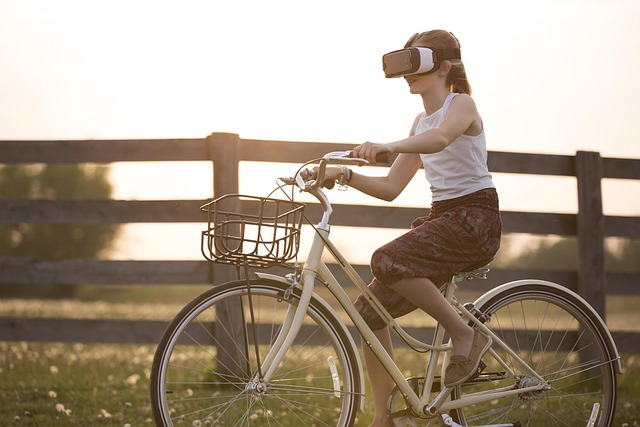The exploration of reality is a journey that transcends mere observation, inviting us to engage with the profound depths of our existence. As we delve into the realms of science and modern philosophy, we begin to uncover a rich tapestry woven from our shared experiences, thoughts, and perceptions. This phenomenon, often examined through the lens of phenomenology, urges us to consider how we relate to the world around us and how our interpretations shape our understanding of reality.
In science, reality is often approached through empirical observation and experimentation. The scientific method seeks to uncover truths about the universe, aiming to provide answers to age-old questions regarding our existence. Whether it’s the intricacies of quantum mechanics or the vastness of cosmology, science offers a structured means to dissect the fabric of reality. Yet, as we examine scientific advances, we must also recognize the limits of empirical inquiry. Phenomenology posits that our experiences cannot be wholly captured by objective measurements; instead, they exist in the realm of subjective interpretation.
Modern philosophy, on the other hand, invites us to engage with the complexities of existence from a more introspective standpoint. Thinkers like Heidegger and Merleau-Ponty have urged us to consider the essence of being and perception. They challenge the dichotomy between subject and object, suggesting that reality is intrinsically tied to our embodied experiences. This perspective may resonate deeply with those who have grappled with the nature of their existence, encouraging a reflective dialogue about what it truly means to be alive.
As we navigate this intersection between science and philosophy, we are invited to question the reliability of our senses, our beliefs, and the very foundations upon which we construct our understanding of reality. Can we trust what we see, hear, or feel? How do our environments shape our realities? These inquiries resonate within the phenomenological tradition, urging us to reconsider the preconceptions we hold and to embrace the diverse experiences that contribute to our collective understanding.
The beauty of this exploration lies in its inherent subjectivity. Each individual’s reality may differ vastly based on personal experiences, cultural backgrounds, and philosophical insights. As we engage in dialogues across disciplines, we may discover that our realities, while distinct, share common threads of human experience—hopes, fears, uncertainties, and wonders that unite us.
Furthermore, the current advancements in cognitive science and neuroscience have rejuvenated philosophical discussions about the nature of reality. These fields probe the very mechanisms of perception and consciousness, challenging us to reconcile what we know scientifically with how we experience the world. The study of the mind presents a fascinating backdrop, offering insights into how our brains interpret stimuli, construct narratives, and shape our perceptions of what is real.
Ultimately, the intersection of science and modern philosophy offers a fertile ground for reflection and growth. By embracing both empirical practices and the nuances of human experience, we can cultivate a deeper understanding of reality. This journey invites us not only to explore the universe around us but also to reflect upon the intricate webs of meaning that we weave through our shared human experiences, crafting a reality that is both unique and universal.




